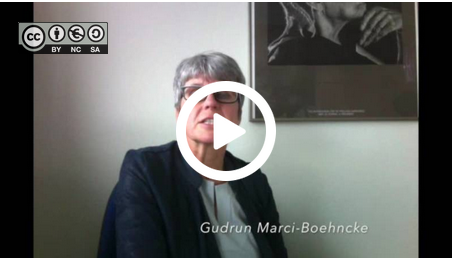Cooperative Learning within Educational Networks: Perspectives for Good Educational Governance in Modern Reading Education
DOI:
https://doi.org/10.7577/seminar.2305Keywords:
reading literacy, media literacy, reading and media education, teaching librarian, cooperation school-library, educational governance, public schools, and librariesAbstract
German schools, universities, and libraries haven’t established a teaching and cooperation practice that uses the potential of a convergent and participatory culture (Jenkins 2006, 2009). Schools and libraries have to collaborate more closely using the digital networks and language of the students of today.
Although official references, such as the report of the EU High-Level Group of Experts on Literacy (2012), postulate joint efforts with the objective of promoting reading and media education by different educational and non-educational institutions, at least in Germany this is currently still not a collaborative educational practice. One reason for this might be a missing link in local educational governance. Furthermore, the professional self-image of teachers and librarians, as well as the image of the cooperation partner, may limit effective public cooperation.
This contribution starts (1) with an outline of the demands in the field of digital literacy and participatory culture, followed by (2) a discussion about the chances and potentials of partnerships between schools and public libraries, their specific interests, and potential. Finally, (3) problems and principles of good educational governance within those networks are identified and developed to excavate the potential, especially for academic teaching and students’ practice. The article is based on empirical data as well as participatory observation of the three-years teacher training and the seven years of on-the-job-training of librarians of public libraries (“Experten für das Lesen”).

Published
How to Cite
Issue
Section
License
Copyright (c) 2017 Gudrun Marci-Boehncke

This work is licensed under a Creative Commons Attribution 4.0 International License.
Seminar.net is a fully open access journal, which means that all articles are available on the internet to all users immediately upon publication. Use and distribution in any medium is permitted, provided the author and the journal are properly credited. The journal allow reuse and remixing of content in accordance with a Creative Commons license CC-BY
- The journal allows the author(s) to hold the copyright without restrictions.
- The journal allows the author(s) to retain publishing rights without restrictions.
- Seminar.net does not charge authors for publishing with us.